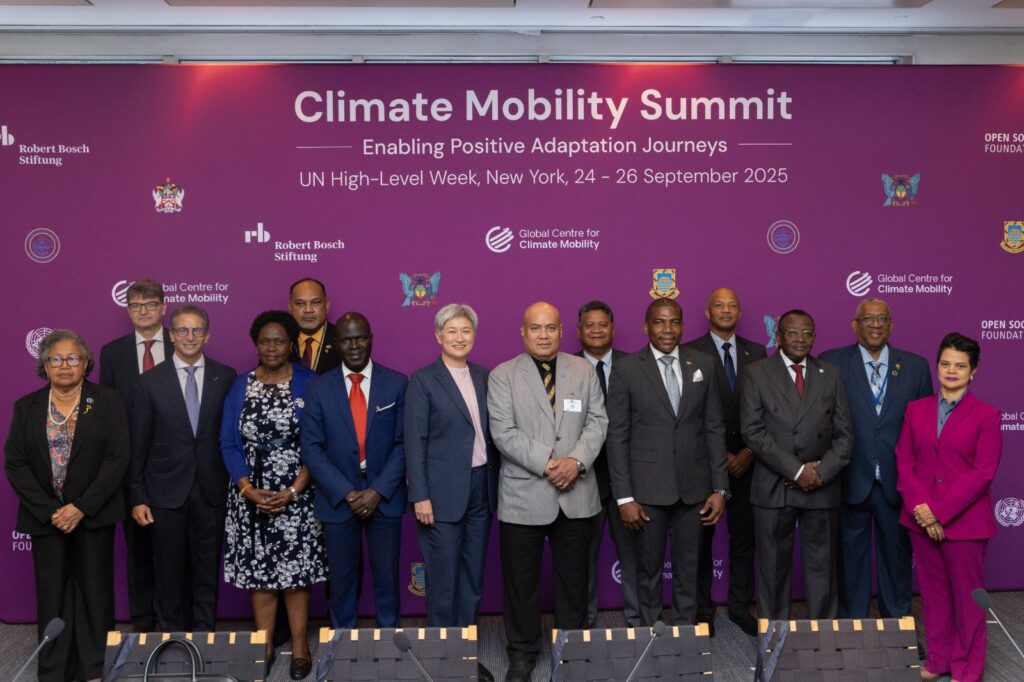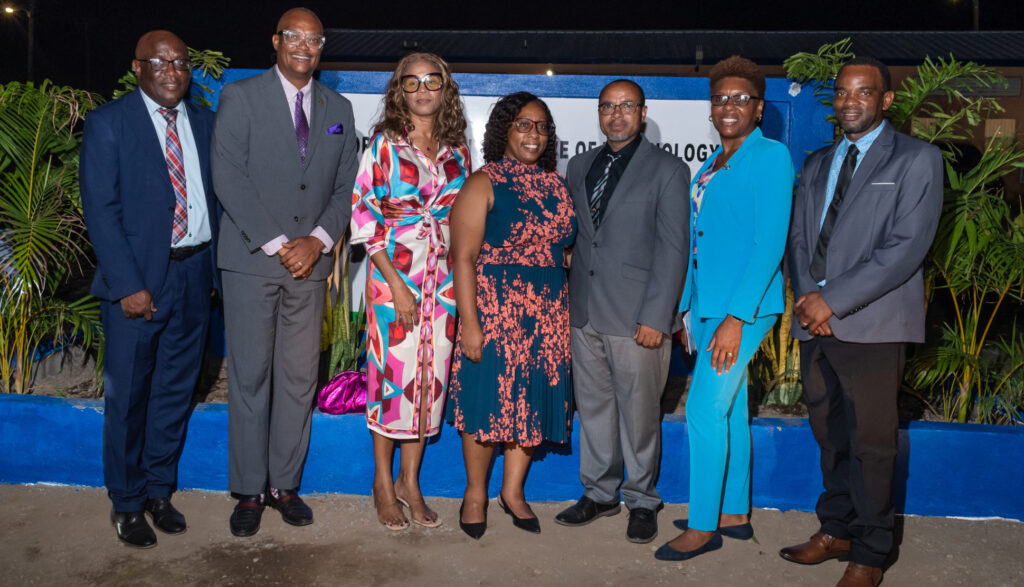PAHO Convenes Second Meeting of Health and Foreign Affairs Officials on Future Pandemic Accord
The Pan American Health Organization (PAHO) convened a critical meeting in Washington, D.C., bringing together representatives from its 35 member states to delve into the complexities of the forthcoming pandemic instrument and proposed amendments to the International Health Regulations (IHR-2005). This strategic gathering aimed to foster a shared understanding of these crucial global health initiatives, promote collaborative dialogue, and ultimately, forge consensus among the participating nations. The overarching objective of both the new instrument and the IHR amendments is to prevent a recurrence of the devastating health, social, and economic consequences witnessed during the COVID-19 pandemic. This proactive approach underscores the global commitment to enhance preparedness and response mechanisms for future pandemics through heightened international collaboration, information exchange, and unwavering political commitment at the highest levels.
The meeting holds immense significance as it provides a platform for member states to actively shape the future of global health security. Dr. Jarbas Barbosa, PAHO Director, emphasized the unique opportunity presented to member states to contribute to the creation of a safer world by actively participating in the deliberations surrounding the pandemic instrument and IHR amendments. He stressed the importance of sustained engagement and alignment between national governments and their permanent missions in Geneva to ensure a unified and effective approach. This call to action highlights the gravity of the task and the need for collaborative efforts to establish a robust global health architecture.
The Washington meeting brought together a diverse group of stakeholders, including representatives from Ministries of Health and Foreign Affairs, as well as members of permanent missions to the United Nations in Geneva and the Organization of American States (OAS) in Washington. This diverse representation reflects the multifaceted nature of pandemic preparedness and response, requiring expertise and collaboration across various sectors. The meeting served as a vital preparatory step for the upcoming Sixth meeting of the Intergovernmental Negotiating Body (INB) and the Fourth meeting of the IHR Working Group, scheduled to take place in Geneva. These subsequent meetings will provide a forum for in-depth discussions and negotiations on the preliminary draft of the pandemic instrument and the proposed IHR amendments.
The genesis of these crucial initiatives can be traced back to the World Health Assembly’s decision in December 2021 to establish the INB. The INB’s mandate is to develop a legally binding international instrument, be it a convention, agreement, or another form, under the auspices of the WHO Constitution. This instrument, slated for approval in 2024, will serve as a cornerstone for strengthening global pandemic prevention, preparedness, and response efforts. Concurrently, the World Health Assembly also established a working group in 2022 to meticulously examine proposed amendments to the IHR (2005), a legally binding agreement designed to prevent the international spread of diseases. The IHR has undergone previous amendments, including a 2014 amendment extending the validity of yellow fever vaccination certificates and a 2022 amendment streamlining the entry into force of future amendments.
The development of the new pandemic instrument and the proposed amendments to the IHR represent a concerted global effort to address the systemic vulnerabilities exposed by the COVID-19 pandemic. The pandemic underscored the critical need for enhanced international cooperation, improved information sharing, and equitable access to essential medical resources, including vaccines and other medical products. The envisaged instrument seeks to establish a robust framework for early detection and response to potential pandemic pathogens, strengthen health systems, and bolster the capabilities of laboratory and research services.
The anticipated outcome of this global endeavor is a pandemic agreement grounded in solidarity among nations, designed to equip healthcare personnel worldwide with the necessary tools and resources to effectively combat future pandemics. This includes ensuring equitable access to vaccines and other medical products, thereby mitigating the disparities witnessed during the COVID-19 pandemic. The agreement will also focus on enhancing early detection and response mechanisms, strengthening health systems’ resilience, and improving the overall capacity of laboratory and research services. The collective efforts of the international community are aimed at creating a more secure and equitable global health landscape, capable of effectively preventing and responding to future pandemic threats.
Share this content:












Post Comment